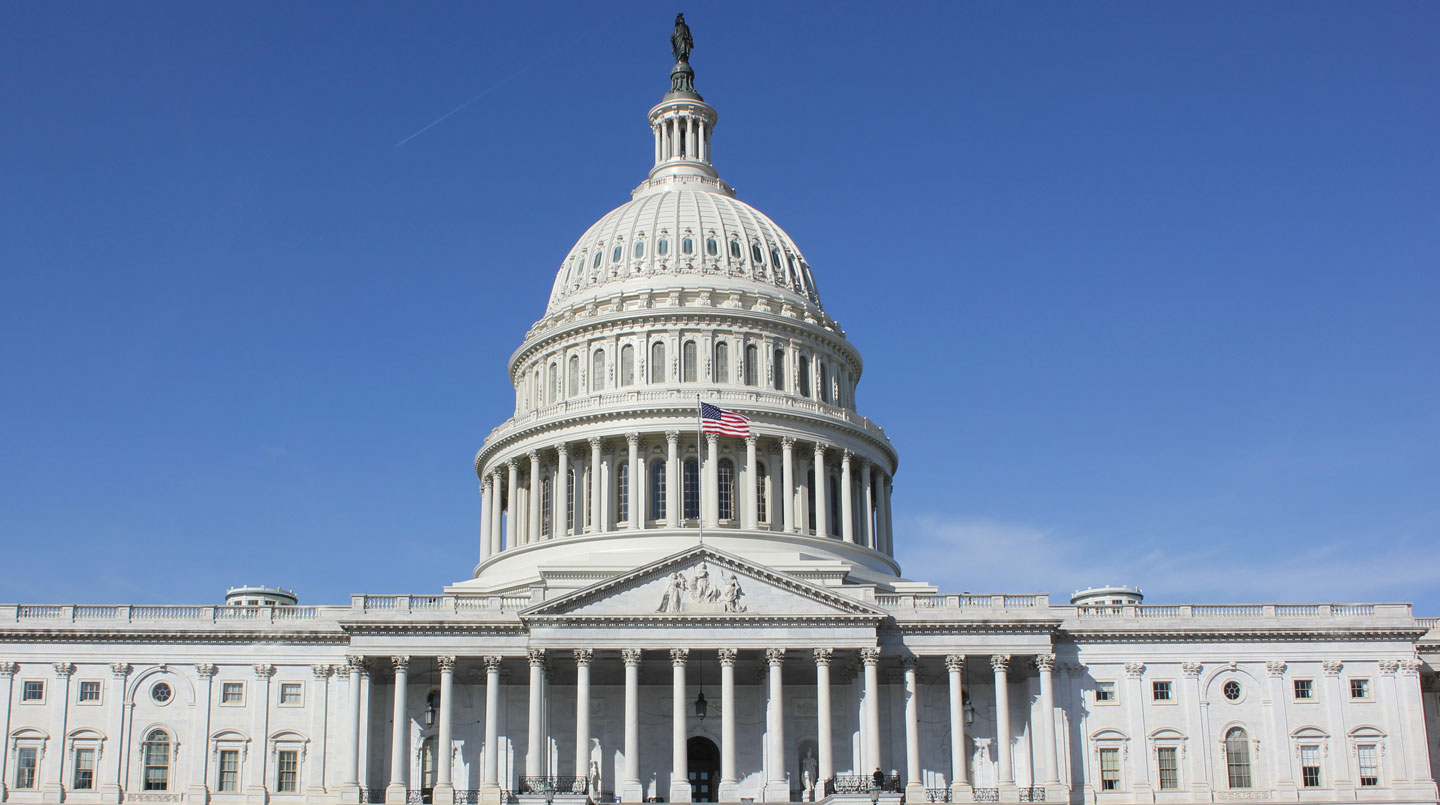Since 2000, the Republican Party's share of seats won exceeded its national vote share in 11 of 12 U.S. House of Representatives elections. The only election where the Republican Party won fewer U.S. House districts relative to its national vote share was in 2008.
During this period, the Democratic Party's share of seats won exceeded its national vote share in seven of 12 U.S. House elections—in 2000, 2002, 2006, 2008, 2018, 2020, and 2022.
The Republican and Democratic parties can both win more seats than the percentage of total votes cast for the party's candidates in U.S. House elections. Since 2000, candidates representing the Libertarian, Green, and other parties—including write-in candidates—have not won election in any U.S. House district. During that period, the national vote share that candidates representing the Libertarian, Green, and other parties received in U.S. House elections has ranged from 1.6% in 2022 to 4.8% in 2002.
Since 2000, the party that received the largest vote share in U.S. House elections won a majority in the U.S. House of Representatives in every cycle but one—in 2012. That year, Republican candidates received 47.1% of the U.S. House vote nationwide and Democratic candidates received 48.4%, and Republicans won a majority of U.S. House seats—234 to 201. The most recent time this occurred prior to 2012 was in 1952 when Democrats won the popular vote but Republicans won the House. The other two times this happened were in 1914 and 1942, when Republicans won the popular vote but did not win the most U.S. House seats.
The largest difference between the Democratic Party's share of seats won and its national vote share in U.S. House elections was in 2008. That year, it received 52.9% of the vote in U.S. House elections nationwide and won 256 districts—58.9%—of the seats in the House of Representatives.
The largest difference between the Republican Party's share of seats won and its national vote share in U.S. House elections was in 2016. That year, it received 48.3% of the vote in U.S. House elections nationwide and won 241 districts—55.4%—of the seats in the House of Representatives.
Since 2000, the national vote share that independent candidates received in U.S. House elections has ranged from 0.3% in 2020 to 0.8% in 2014. Independent candidates won four U.S. House elections since 2000—Bernie Sanders (I-Vt.) in 2000, 2002, and 2004 and Virgil Goode (I-Va.) in 2000.
Ballotpedia compiled data from the 2022 U.S. House elections from official election sources. Final election results for 2022 are not yet certified or published in all states.
Additional reading:



